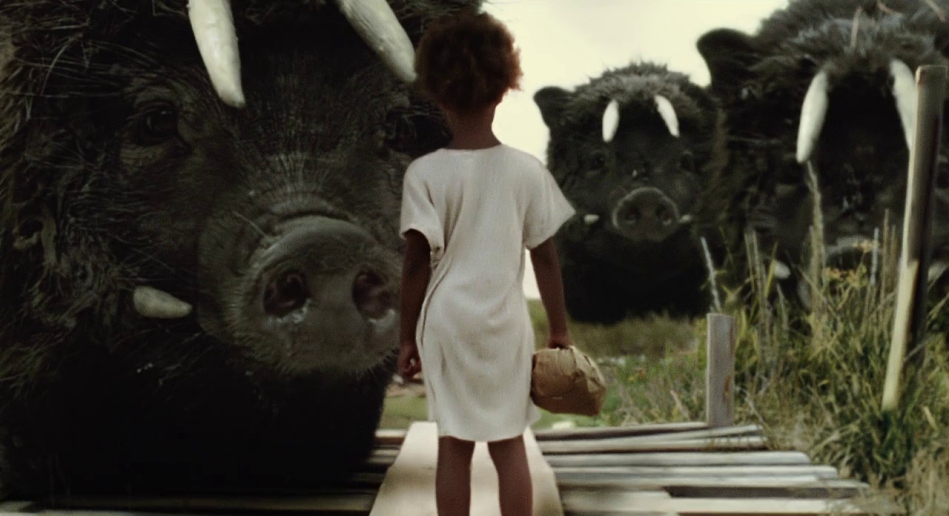Although Senate Democrats snatched the GOP's most potent weapon for blocking President Obama's judicial appointments last month when they executed the "nuclear option" and eliminated the 60-vote threshold to advance non-Supreme Court nominees, there's another, more obscure tactic that Republicans can still use to block attempts to fill the dozens of remaining judicial vacancies.
Dating back to at least 1917, the "blue-slip policy" lets senators have a say on which judges are appointed to courts in their home state. When a judge is nominated, the Judiciary Committee sends a "blue slip" to home state senators seeking their approval. If the senators sign off, the committee moves forward with the nomination. If one or both of them disapproves or withholds the blue slip, the nomination tends to grind to a halt.
The White House contends that the blue-slip policy remains an impediment to appointing judges. Given the Senate's adherence to the tradition, President Obama prefers not to nominate individuals and put them through the tough nomination process unless they're pre-approved by their home state senators. Most of the 42 district and appellate court vacancies without nominees are in states with GOP senators.
Georgia Republican senators Johnny Isakson and Saxby Chambliss have used the blue-slip tactic to block previous attempts by the president to nominate Democrats to the U.S. District Court for the Northern District of Georgia. Last week, Obama nominated four new judges and attorneys to serve on the bench. All four nominees have Republican ties, and Sens. Isakson and Chambliss have indicated their approval in a joint statement, saying "this is a well-qualified group of nominees."
Three of the four nominees are white males. Although the African-American population in Georgia is 31 percent, more than double the national average of 13 percent, and the U.S. District Court bench in Atlanta is allotted 11 judges, it currently has only one African-American sitting as a full-time judge.
“I am surprised and disappointed,” said Rep. Hank Johnson (D-Georgia). “It’s not so much the nominees themselves; it is the lack of diversity that we have on our bench in the Northern District and the 11th Circuit ... For the administration this was what you call kind of a legacy opportunity, and I think that it’s a missed opportunity.”
“The lack of racial diversity in the administration’s appointments is absolutely inexcusable,” according to Stephen Bright, president of the Southern Center for Human Rights in Atlanta. “The courts have no credibility or legitimacy if they do not look like the people whose cases they are deciding.”
The one African-American nominee, DeKalb County state court judge Eleanor Louise Ross, was appointed by Republican Gov. Nathan Deal. The nominees also include Georgia Court of Appeals Judge Michael P. Boggs. As a state representative, Boggs voted to keep the confederate emblem in the state flag. His critics say he also cast votes against abortion rights and marriage equality.
Atlanta attorneys Mark Howard Cohen and Leigh Martin May have also been nominated. Cohen is a litigation partner at the Atlanta law firm Troutman and Sanders, LLP, and served as former Georgia Gov. Zell Miller's chief-of staff. Cohen has defended Georgia’s Voter ID law, which civil rights groups opposed because of the impact they said it would have on minorities. May is a personal-injuries attorney and partner at the firm Butler, Wooten and Fryhofer, LLP, and the only one of the current batch of nominees who has garnered Democratic support in the past.
Criticizing the nominations at the the Ebenezer Baptist Church, the church made famous by the Rev. Martin Luther King, Jr., Dr. Joseph Lowery, himself a civil-rights icon and the man who delivered the benediction during President Obama's first inauguration, said "I think they overlooked how explosive the issue is in Georgia" and, based on a conversation he had with Attorney General Eric Holder, "I think they now regret that they didn't give it closer attention."
My congressman, Rep. John Lewis (D-Georgia), stated, "They want their Republican people. And we want some people that share our views."
"It doesn't reflect Georgia. Georgia is not a totally Republican state," Rep. David Scott (D-Georgia) said.
It appears that the Obama Administration has caved to the Republican blue-slip blockages and nominated a right-wing slate to the Northern District of Georgia to appease Isakson and Chambliss. "The reality we face is that the blue slip rule can be more problematic than the filibuster, in part because it is a silent, unaccountable veto," an administration official recently told Talking Points Memo. The nominations may also lend the administration the appearance of bipartisanship in the post-filibuster age of Federal judicial appointments.
However, "The President of the United States and the White House have made a terrible, tragic mistake," according to Rep. Scott.
































